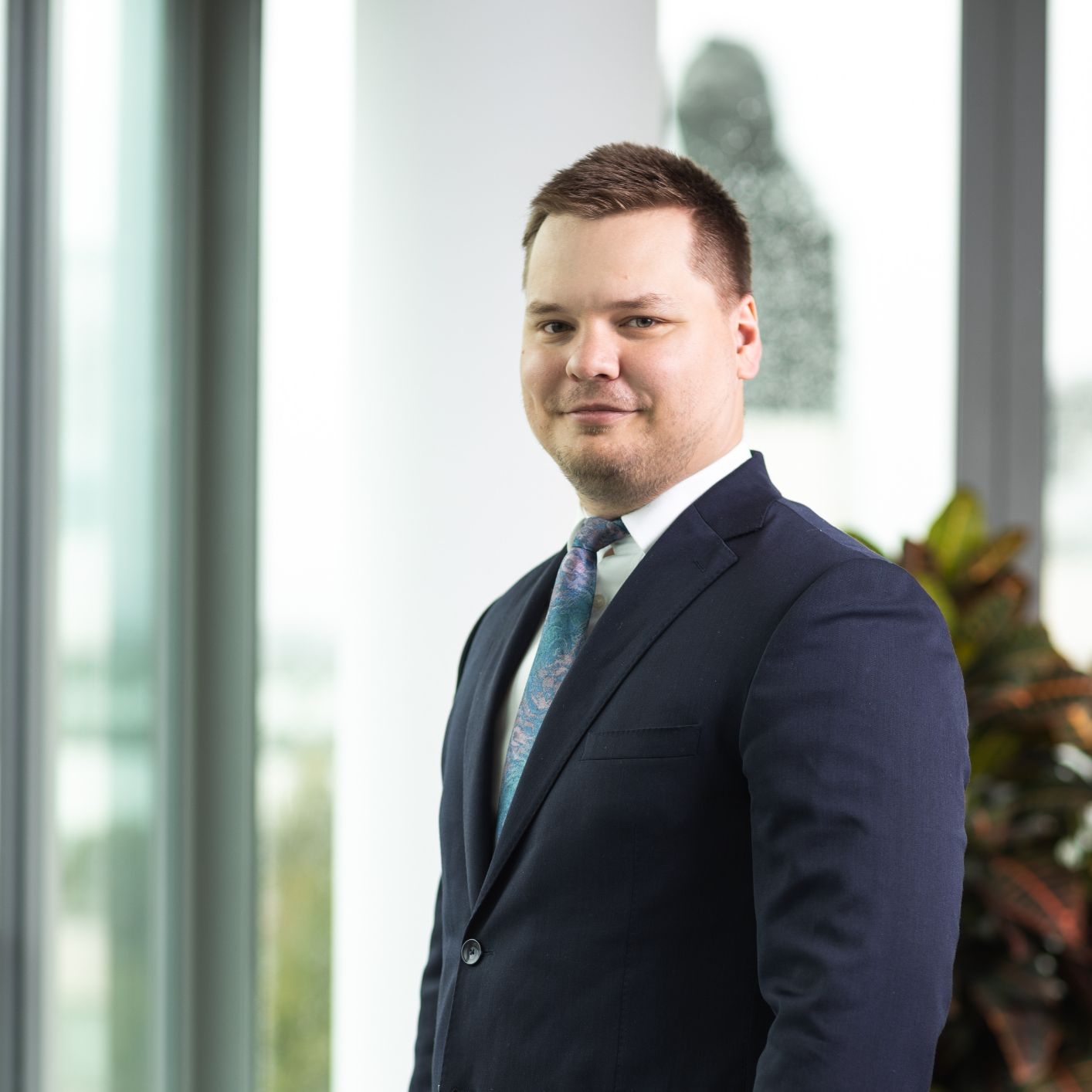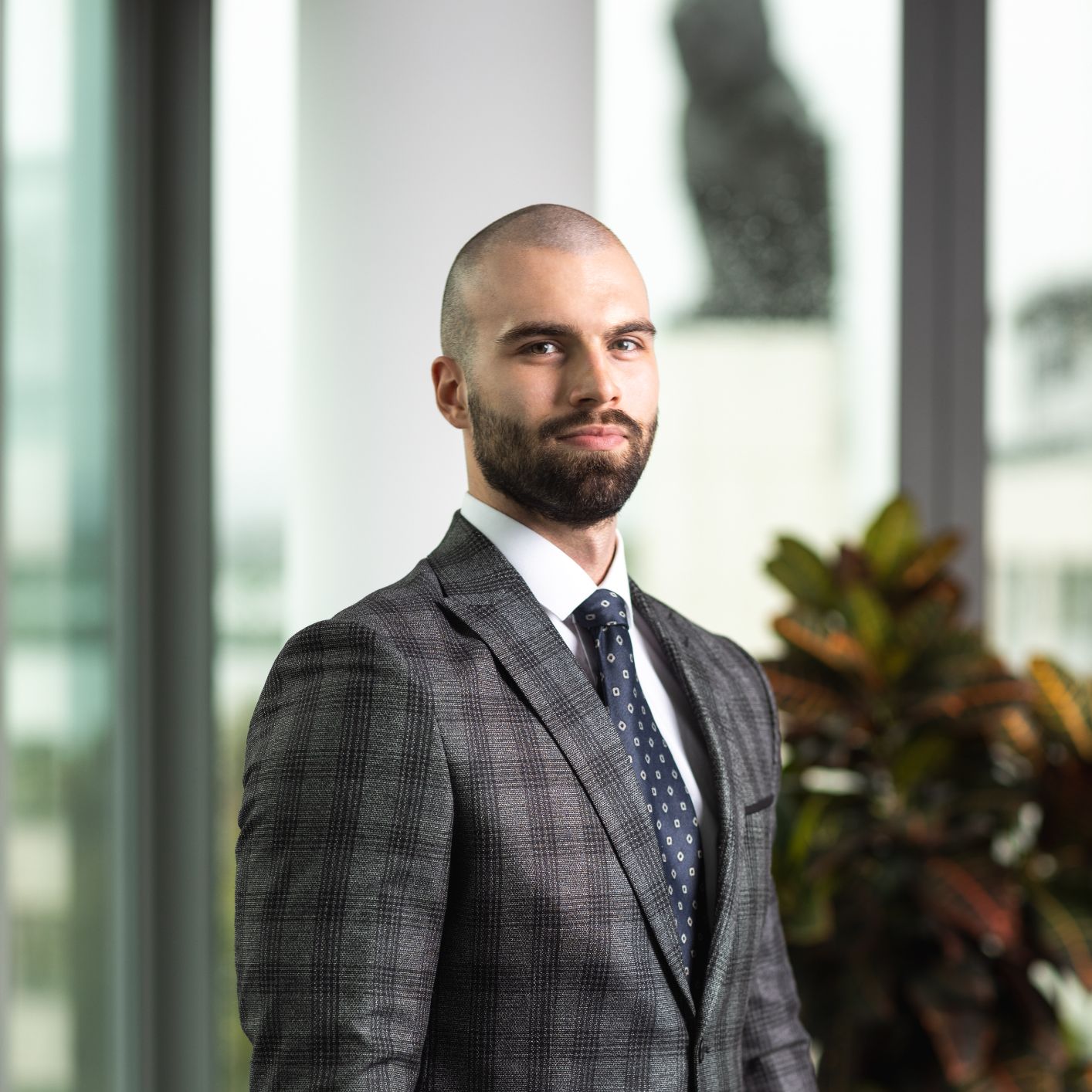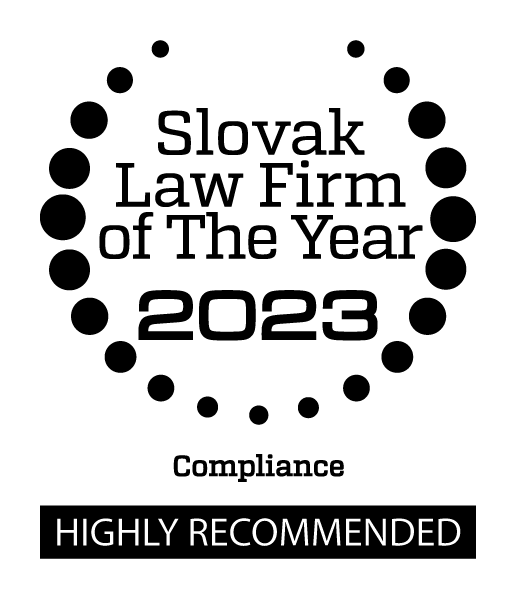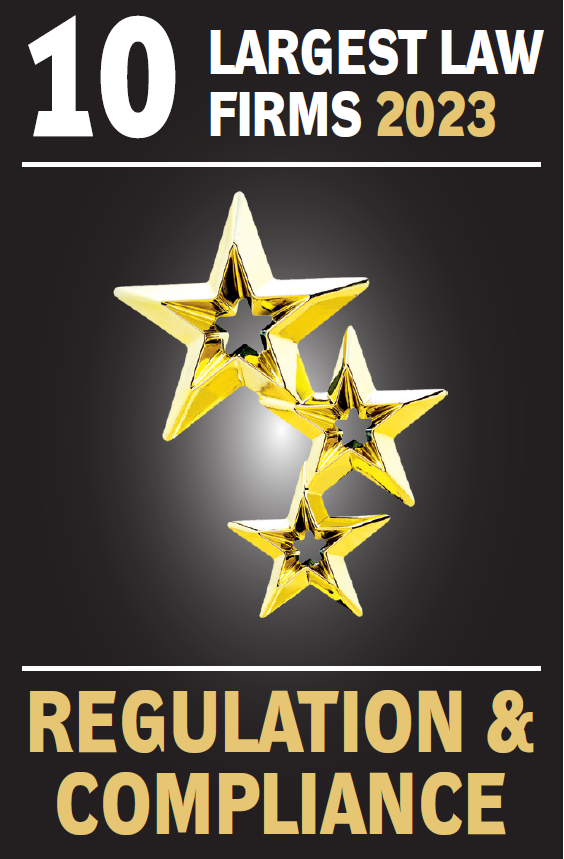
Created: Bratislava, October 3, 2023; Updated: October 20, 2023
As you may have
heard, a parliamentary election recently took place in Slovakia.
Many clients have been asking us about any potential implications it may have
on the citizenship program and/or their individual cases/applications (both
pending and upcoming).
The composition of
the Slovak parliament, which was the election's outcome, is definitely
relevant. However, the negotiations surrounding coalition formation are of
paramount importance. Any coalition formed will have the majority of seats in
Parliament, giving them the power to compose the Slovak Government/Cabinet.
This includes a major say over vital governmental figures, such as the Prime
Minister and the Members of the Cabinet.
One of the Cabinet Ministers will lead the Ministry of Internal Affairs and be responsible for the
citizenship agenda. Do note that the Ministry has many responsibilities in
other vital areas, such as managing the entirety of the Police Force.
Said management includes elite criminal investigation units and other units,
such as those designed to fight illegal immigration. Given these circumstances,
it is difficult to imagine that changing citizenship policies would be the
Government’s priority, regardless of who becomes the new Minister of Internal
Affairs.
It's important to note that all legal proceedings are governed by law, not the Minister’s discretion. While the Ministry may propose policy changes, they must first pass through the Cabinet (with approval from the majority of the Ministers) and undergo three parliamentary hearings. The draft bill must then be approved by the majority of the Parliament and subsequently signed by the President. Only then does the law change, and all authorities, including the Ministry and its officers, must adhere to it. This process ensures the predictability and reliability of the legal system.
In addition,
legislative changes do not typically impact ongoing processes started before
the change was adopted. Therefore, any proceedings initiated under the current
law will most likely run and finish under the rules applicable before the
legislative change.
This message aims to inform our potential clients that there is no reason to
panic or worry about the election's outcome. As explained above, many steps must occur before any legislative change is
implemented, and nothing indicates that worsening citizenship policies would be
on the to-do list of a government that doesn’t even exist yet.
Lastly, we appreciate your interest in the Slovak political scene and very much value your wishes for a better political future in
Slovakia. We understand that Slovakia might become your new/second home, and
we’ll continue doing everything we can to make that a reality, regardless of
who is in political power.
FALATH & PARTNERS, based in Bratislava, Slovakia, with a branch office in Manhattan, New York, USA, is a leading law firm for Slovak citizenship. We are the first to provide full service for the citizenship by descent program. We also provide a variety of other legal services to foreign clients.
We help the descendants of Slovak nationals who emigrated, either from the Austro-Hungarian Empire or Czechoslovakia, to acquire Slovak citizenship and revive their ancestors’ heritage. Thanks to new legislation introduced on April 1, 2022, Slovak citizenship by descent has become more attainable. Although the acquisition of citizenship remains a legally demanding process, the major obstacles preventing or discouraging applicants from pursuing citizenship were revoked.













Slovaks living abroad are individuals whose direct ancestors were of Slovak ethnicity and retain Slovak national/cultural awareness. They are eligible for Slovak citizenship if at least one of their relatives in the last three generations (parent, grandparent, or great-grandparent) was born within the territory of present-day Slovakia and had Czechoslovak citizenship. Acquiring Slovak citizenship by descent typically consists of completing three (3) milestones: obtaining a Slovak Living Abroad certificate (not essential in specific cases), obtaining a residence permit in Slovakia, and obtaining Slovak citizenship.
The first step is obtaining an SLA certificate. At least one of the applicant's direct ancestors (regardless of the generation) must be of Slovak ethnicity. Additionally, the applicant must demonstrate their Slovak national/cultural awareness, but they are not required to prove their knowledge of the Slovak language. The time required to obtain an SLA certificate depends on the specific circumstances of each case and is highly individual; however, it usually takes about 5-6 months, including research and the collection of documents.
A permitted residence in Slovakia is a prerequisite to an application for Slovak citizenship by descent. The applicant, who now holds an SLA certificate, can obtain a five-year renewable temporary residence permit. Their spouses can also obtain a temporary residence permit (derived from the SLA-based one), even if they don't qualify for an SLA certificate and Slovak citizenship by descent. Some applicants may apply for a permanent residence permit instead of an SLA-based one. The applicant is not required to reside in Slovakia and can travel freely within the European Union without worrying about exceeding the 90-day Schengen visa. An SLA-based temporary residence permit is usually received within 1-2 months, while the issuance of a permanent residence permit typically takes up to three (3) months.
After obtaining a residence permit, the final step is applying for Slovak citizenship. The applicant must have at least one direct ancestor in the last three generations (parent, grandparent, or great-grandparent) who was a Czechoslovak citizen born within the territory of present-day Slovakia. If either of these criteria isn't met, the applicant must reside in Slovakia for three (3) years, demonstrate a significant benefit/contribution to the Slovak diaspora or the Slovak Republic, or prove that granting citizenship is in Slovakia's interest for any other reason. Citizenship proceedings are quite time-consuming. Processing regular applications may take up to 24 months; however, granting citizenship by descent should be faster, possibly within 12-18 months of receiving an application.
Please click below to read about the Milestones on your path toward Slovak citizenship.
Let us know your story if you are interested in whether you qualify for Slovak citizenship. A thorough case review is free of charge.
FALATH & PARTNERS is a leading law firm for Slovak citizenship, the first to provide full service for the citizenship by descent program. We also provide a variety of other legal services to foreign clients.
Eurovea, Pribinova 28
811 09 Bratislava
Slovak Republic
© FALATH & PARTNERS 2019-2024. All rights reserved. Information contained herein is not legal advice. We assume no responsibility or liability for actions based solely on this information.